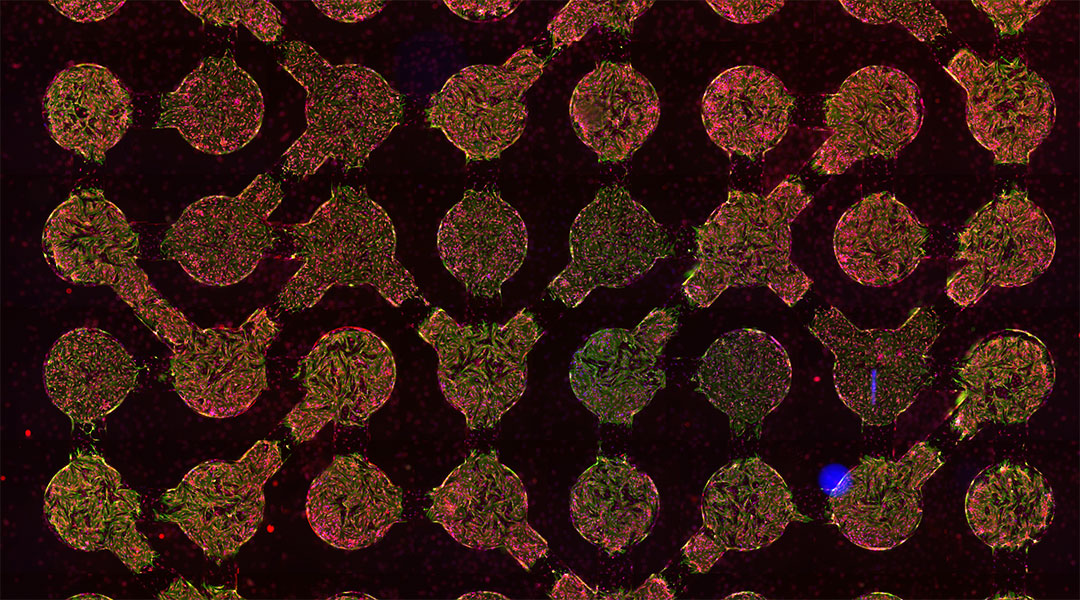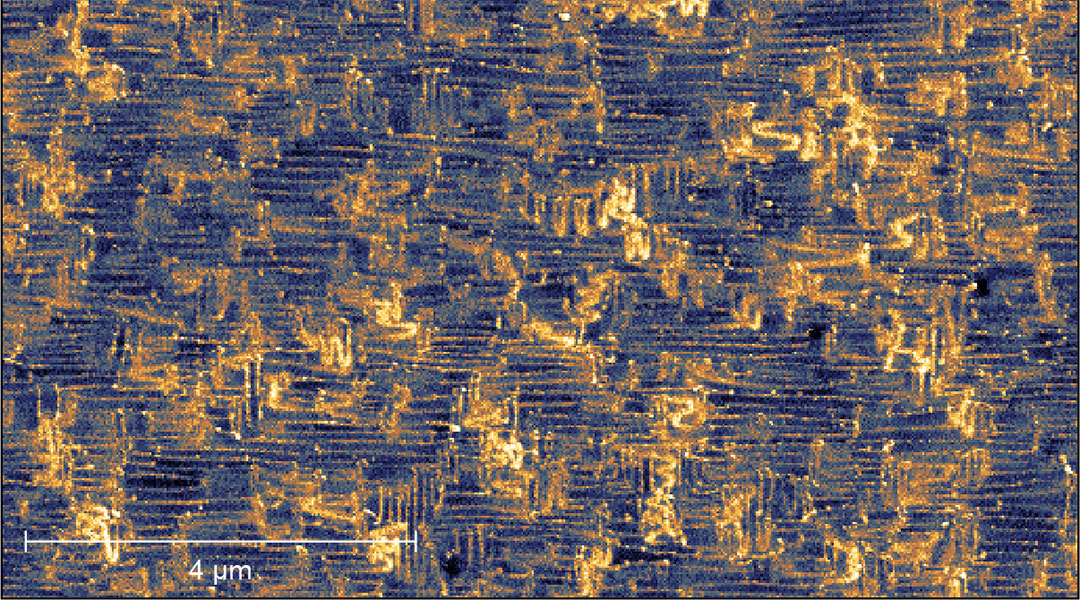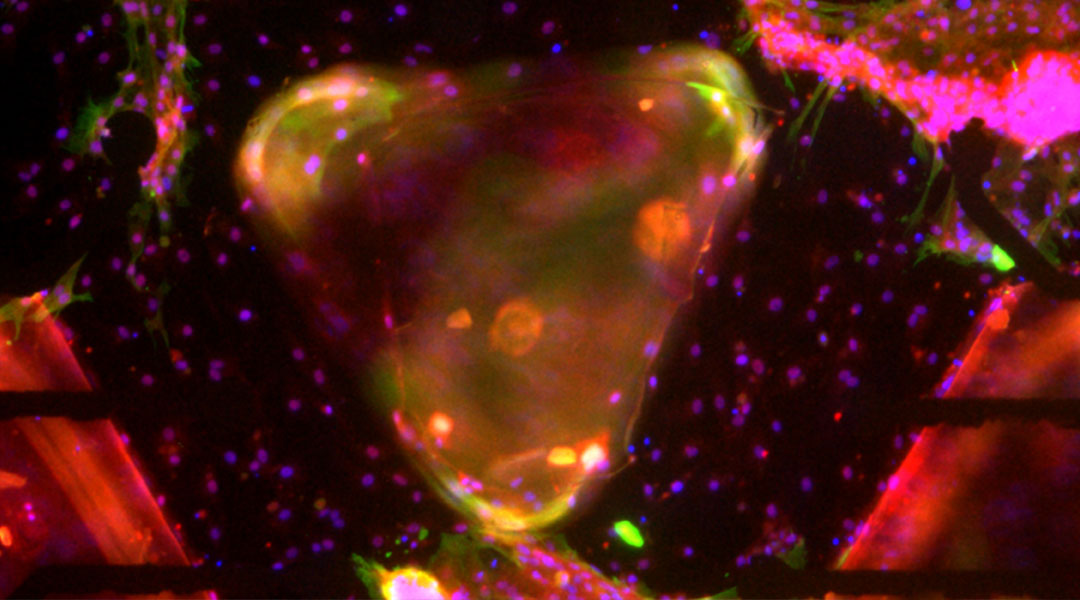Future 6G wireless networks will rely on quantum computers, but developing the technology and making it sustainable is complex.


Future 6G wireless networks will rely on quantum computers, but developing the technology and making it sustainable is complex.

A radical superconducting qubit design promises to extend their runtime by addressing decoherence challenges in quantum computing.

Scientists achieve groundbreaking room-temperature quantum coherence for 100 nanoseconds, propelling molecular qubits closer to practical quantum computing.

Scientists pioneer mixed-valence molecules in quantum-dot automata for faster, room-temperature operation, overcoming transistor limits.

A new type of superconductor may just be what physicists have been searching for over the past 40 years.

A biocomputer built from connected heart cells solves computational problems with high accuracy and at a low computational cost.

Artificial neural networks made from domain walls mimic synapses and neurons in the brain for neuromorphic computers.

Researchers demonstrate the controlled growth of artificial synapses, paving the way for computers that can grow, evolve, and adapt like the human brain.

Researchers build the first biocomputers from heart cells and demonstrate their ability to perform complex computational tasks.

Minimizing the variability between individual artificial synapses is a key step toward rolling them out for practical applications.